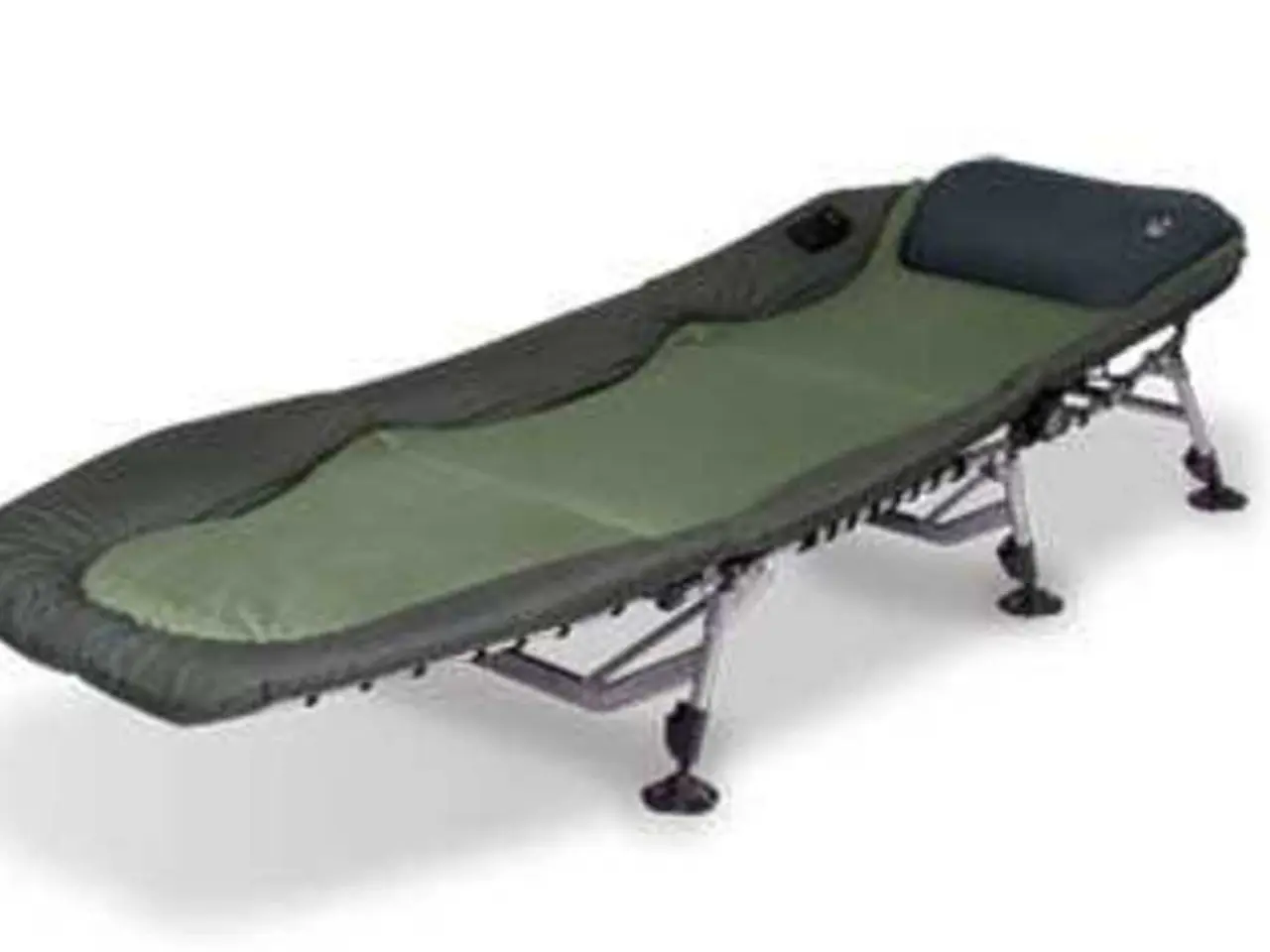Muscular Tension: Identifying Causes, Exploring Treatments, and further insights
In this article, we delve into the various causes and treatments for muscle stiffness, a common issue that affects many people.
Common Causes of Muscle Stiffness
- Exercise-related Muscle Stiffness: Delayed-onset muscle soreness (DOMS) is a common occurrence due to excessive exercise or a sudden change in exercise routine. Symptoms usually last 3-5 days and can be alleviated with home remedies like massage, applying ice packs, elevating the affected limb, and taking over-the-counter pain relievers.
- Sedentary Lifestyle: A lack of exercise or prolonged sitting can lead to muscle tightness and rigidity. Regular physical activity is essential for maintaining muscle health.
- Infections: Various infections such as influenza, norovirus, mononucleosis, and meningitis can cause muscle stiffness, among other symptoms.
- Chronic Conditions: Fibromyalgia, chronic fatigue syndrome (CFS), and Parkinson's disease (PD) are conditions that may cause muscle stiffness as a symptom.
Less Common but Significant Causes
- Neural-related Issues: Neural tension, neural entrapment, and neural mechanosensitivity can cause persistent muscle tightness that may worsen or change with spinal or neck movement.
- Muscle Trigger Points: Localized, persistently contracted muscle knots can cause radiating pain and chronic stiffness, often arising from poor posture, repetitive movements, trauma, or prolonged stress.
- Compensatory Overload: Small injuries or flare-ups in another area may change how muscles work, causing compensatory overload, irritation, and increased nerve sensitivity, creating a cycle of chronic tightness.
- Underlying Spinal or Structural Issues: Conditions like nerve impingement or degenerative spine problems can lead to muscle tightness and rigidity, especially in the neck or back.
Treatment Approaches
Addressing chronic muscle tightness effectively requires a comprehensive assessment to pinpoint contributing factors—muscular, neural, and structural—and applying a multi-faceted treatment approach targeting the original cause rather than only alleviating symptoms.
- Physical Therapy: Restoring mobility, reducing inflammation, strengthening muscles, and addressing posture are key aspects of physical therapy. Manual therapy, guided exercises, and ergonomic advice are also important.
- Medications: NSAIDs, muscle relaxants, corticosteroid injections, or nerve medications may be used to reduce pain, inflammation, and muscle spasm, especially if nerve involvement is present.
- Trigger Point Therapy: Targeted treatment of muscle knots through physical therapy, massage, dry needling, or chiropractic care can relieve discomfort.
- Lifestyle and Ergonomic Changes: Adequate hydration, electrolyte balance, proper stretching, and workplace modifications help prevent and reduce tightness.
- Advanced Interventions: If conservative treatments fail and symptoms worsen, options such as epidural steroid injections or surgery (e.g., spinal fusion, discectomy) might be necessary.
Prevention Strategies
- Practice frequent handwashing.
- Slowly build up to an exercise routine.
- Warm up and cool down before exercising.
- Take frequent stretching breaks if sitting for long periods.
- Get more physical activity.
- Talk with a physical therapist about exercises for managing chronic pain and reducing muscle weakness.
Remember, if a person experiences muscle stiffness that is intense or happens alongside other serious symptoms, it may be a sign of a life-threatening condition, such as meningitis, and they should seek immediate medical attention.
- Imbalance in health-and-wellness can contribute to muscle stiffness, making it crucial to maintain overall well-being and manage medical-conditions such as diabetes, asthma, or bipolar.
- Neurological-disorders like Multiple Sclerosis (MS), Amyotrophic Lateral Sclerosis (ALS), and Spondylitis (ankylosing spondylitis) can cause muscle stiffness, necessitating close monitoring and management by medical science.
- Additionally, inflammatory diseases like psoriasis, psoriatic arthritis, and Crohn's disease may present with muscle stiffness as a symptom, requiring appropriate treatment and care.
- Predictive analytics can be helpful in identifying patterns that may contribute to muscle stiffness, enabling early intervention and preventive measures in health-and-wellness.
- In some cases, muscle stiffness can co-occur with mental health conditions like depression, underscoring the importance of comprehensive care in treating both physical and psychological health.
- Research in medical science is continually expanding our understanding of disease, offering novel treatments for conditions that once seemed incurable, including rare types of spondylitis such as Bechterew’s disease (rheumatoid spondylitis) and ankylosing spondylitis.
- As the understanding of these health-related aspects grows, it paves the way for improved treatments and management strategies for muscle stiffness and other associated symptoms, offering hope for those affected.
- Ultimately, effective management of muscle stiffness not only mitigates the discomfort and disability associated with this condition but also promotes a higher quality of life, contributing positively to health-and-wellness and overall well-being.




